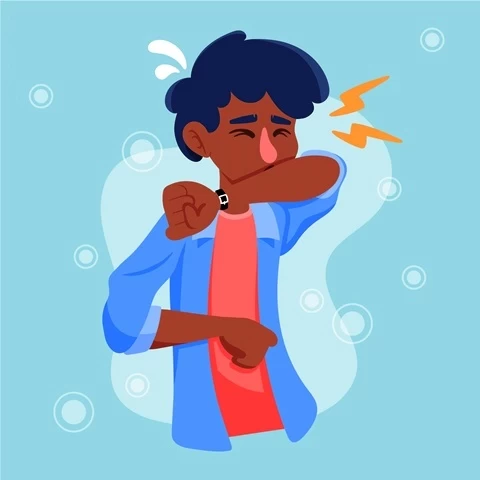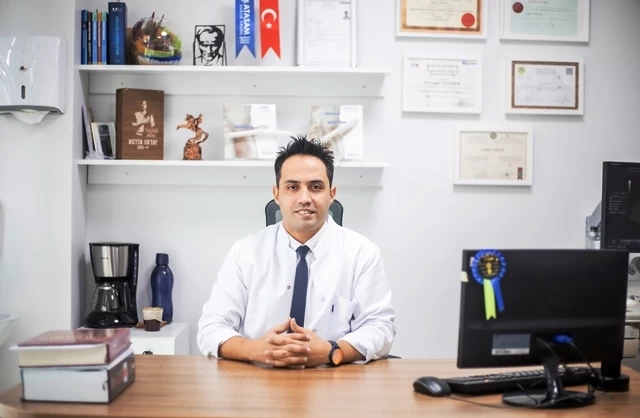
Don't Let Circumcision Mistakes Ruin Your Child's Life
- Don't Let Circumcision Mistakes Ruin Your Child's Life
- What is Circumcision?
- What Are Circumcision Mistakes?
- What Are the Preventive Measures against Circumcision Mistakes?
Circumcision is a surgical procedure that involves the removal of the skin covering the tip of the penis (foreskin). It is widely practiced in our society as part of various cultural and religious traditions. However, there can be some errors and complications associated with circumcision. In this article, we will examine the types of circumcision mistakes, their potential consequences, and preventive measures.
What is Circumcision?
Circumcision is the surgical removal of the foreskin in males. This procedure is performed for various cultural, religious, and medical reasons. Circumcision is usually done during childhood or early adolescence.
Circumcision is a part of various cultural and religious traditions. In the Islamic faith, circumcision is considered following the path of the prophets. Additionally, in the Jewish religious tradition, circumcision on the eighth day of a male baby's life is an important ritual.
What Are Circumcision Mistakes?
Circumcision is a surgical procedure that should be carried out with utmost care. Errors during circumcision can lead to various problems later in life. Here are some examples of circumcision mistakes:
- Surgical errors: During circumcision, surgical mistakes can occur. For instance, there may be an excessive or insufficient removal of the skin. Additionally, problems like asymmetrical incisions or improper stitching of the skin can arise. These errors can create aesthetic issues and may impact sexual functions in the future.
- Bleeding: Post-circumcision bleeding is a common complication. Normally, bleeding is controlled during the procedure. However, sometimes bleeding may persist and become a serious condition. Bleeding can manifest as discoloration, swelling, and excessive bleeding in the circumcision area. If bleeding doesn't stop, it is important to seek immediate medical attention.
- Infection: There is a risk of infection after circumcision. The post-procedure area should be kept clean and hygienic. If proper hygiene is not maintained, infections can occur. Infection symptoms include redness, swelling, fever, foul odor, and discharge. To minimize the risk of infection, careful post-circumcision care should be provided, following the doctor's recommendations.
- Wound healing issues: Post-circumcision wound healing can sometimes be problematic. It is important for the wound to heal without infection and in a proper manner. However, there can be cases of wound reopening, separation at the stitching sites, or permanent scarring. These situations can affect sexual functions and have negative psychological effects.
- Sexual function disorders: Improper circumcision can have negative effects on sexual functions in the future. For example, excessive removal of the foreskin can result in the constant exposure of the glans, making it more sensitive to friction. This can cause pain or discomfort during sexual intercourse. Additionally, insufficient removal of the foreskin can also impact sexual functions.

What Are the Preventive Measures against Circumcision Mistakes?
The following preventive measures can be taken to avoid circumcision mistakes:
- Choosing an experienced operating doctor: It is important to select an experienced and specialized urologist to perform the circumcision procedure. This way, the risk of surgical errors and complications can be reduced.
- Hygienic environment: The environment where the circumcision procedure takes place should be hygienic and sterile. A clean environment will reduce the risk of infection.
- Careful postoperative care: During the post-circumcision period, the area should be kept clean, and regular dressing changes should be carried out. It is important to follow the doctor's recommendations throughout the healing process.
- Consulting with experts: In the case of any problems or complications after circumcision, it is crucial to seek immediate help from a urologist or medical professional. Early intervention can prevent serious issues.
In conclusion, circumcision mistakes, although rare, can lead to adverse outcomes. Therefore, it is of great importance that the person performing the circumcision is an expert and experienced. Additionally, careful care and hygienic measures during the post-circumcision period can reduce the risk of complications. Seeking prompt medical attention in the event of any problems or complications is the most appropriate approach."






